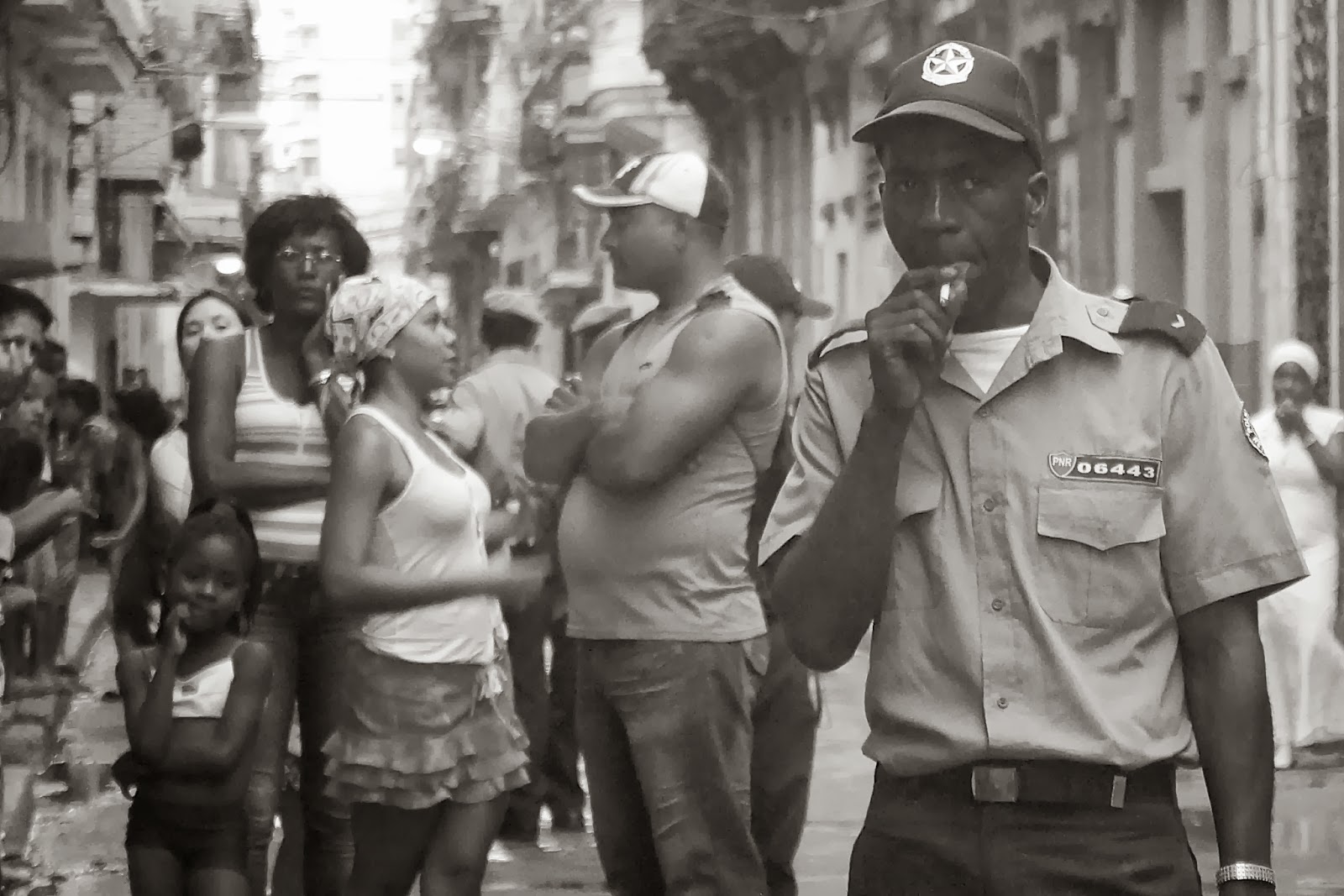Researcher in Havana
Philippine is a typical example of the
international type of person. Having roots from different countries and having
traveled a lot, changing cities is very natural for her.
Name: Philippine
Age: 24
From: Provence, France
To: Havana , Cuba
For: Research on urban agriculture and Latin-American cinema
1. Your motivation to go to Cuba
"Buena Vista
Social Club, old cars and salsa, how original! Even before signing up for my
master’s in the Netherlands I knew that I wanted to go to Cuba, so one of the
first questions I asked the admission committee was whether it was possible to
do research there during my first year.
They said it might be possible, and I
wrote to the Cuban embassy in the Netherlands
I googled Cuba Caribbean island
and all of its cultural highlights."
2. Your basic academic interest.
"That’s
always changing. I was always very interested in environmental protection, but
then my interest grew wider, including social and political concerns, and
eventually leading me to a mixture of engagement, media and arts. I got
passionate about documentary filmmaking, and I decided to study sustainable
development as a way to get a chance to investigate on the issues I would like
to work on in a more creative way."
3. What was research about?
"Last year,
I focused my research on urban agriculture. This year I began a research on
mobile cinemas in Latin America as a tool for
social transformation. Two very different topics, but food and arts are both
very important!"
4. What you loved about Havana
"Everything
feels so different due to the peculiar geopolitical situation. Things seem to
have got stuck in the past, which is usually a reason to despair for locals but
makes the experience captivating for foreigners."
5. The hardest thing to get used to.
"The
excessive attention of people on the street was the hardest thing for me to get
used to. Most people seem to imagine that any foreigner is a rich tourist who
doesn’t speak Spanish or know anything about life on the island, and it was
exhausting to have to explain things over and over again. Having no cell phone
and very limited internet access was difficult at times, but it is also an
interesting experience since one learns to live without much technology as we did in the good old times…"
6. How was the place you stayed?
"I split my
time between Neptuno street Havana Havana Havana South America and beyond!"
7. The best thing to do with company in
Havana
"Sitting at
the end of the Malecón (the wall at the edge of the city facing the sea) on a
warm night, listening to street musicians and watching large container ships
pass by."
8. Something special about the
citizens.
"They have
gone through a lot, so they are pretty strong and ingenious. Most people are
cultivated, and no matter what they keep dancing, and even two years old
children know how to move."
9. The food.
"As much as
I was traumatized by the culinary experiences of my first six months in Cuba
10. Something one would not imagine/know
about Cuba
11. A negative aspect of the country
that you experienced or found out.
"The
segregation between foreigners and locals. As a student I was allowed to take
Cuban buses, but non-resident foreigners are obliged to pay much more for the
same service on special tourist buses."
12. The
best place you visited in Cuba
"A little
fishermen village at the eastern tip on the island called Nibujon, there was
green grass around the houses and barely any commerce. A family invited us for
dinner and showed us a wonderful place to camp on a hill near the sea."
 |
| Istanbul |
13. The best city you have ever visited
in the world.
"I would say Amsterdam ,
Istanbul and Tbilisi
14. Where
you would like to settle down (if you’d ever chose to do so)…
"As much as
I can’t chose my favourite city I would find it very hard to answer that
question now. It is hard at times to be a foreigner everywhere, but I don’t
imagine going back to where I came from. I’d like to be in a place with a dynamic
alternative/artistic scene, so why not Buenos Aires
15. Your
personal definition of “home”.
"Where I
feel comfortable and alive."
16. Your
tip or your warning about going to Cuba.
"The value of local currencies, a convertible Cuban peso equals 25
cuban pesos, so don’t mistake the two!"























No comments:
Post a Comment